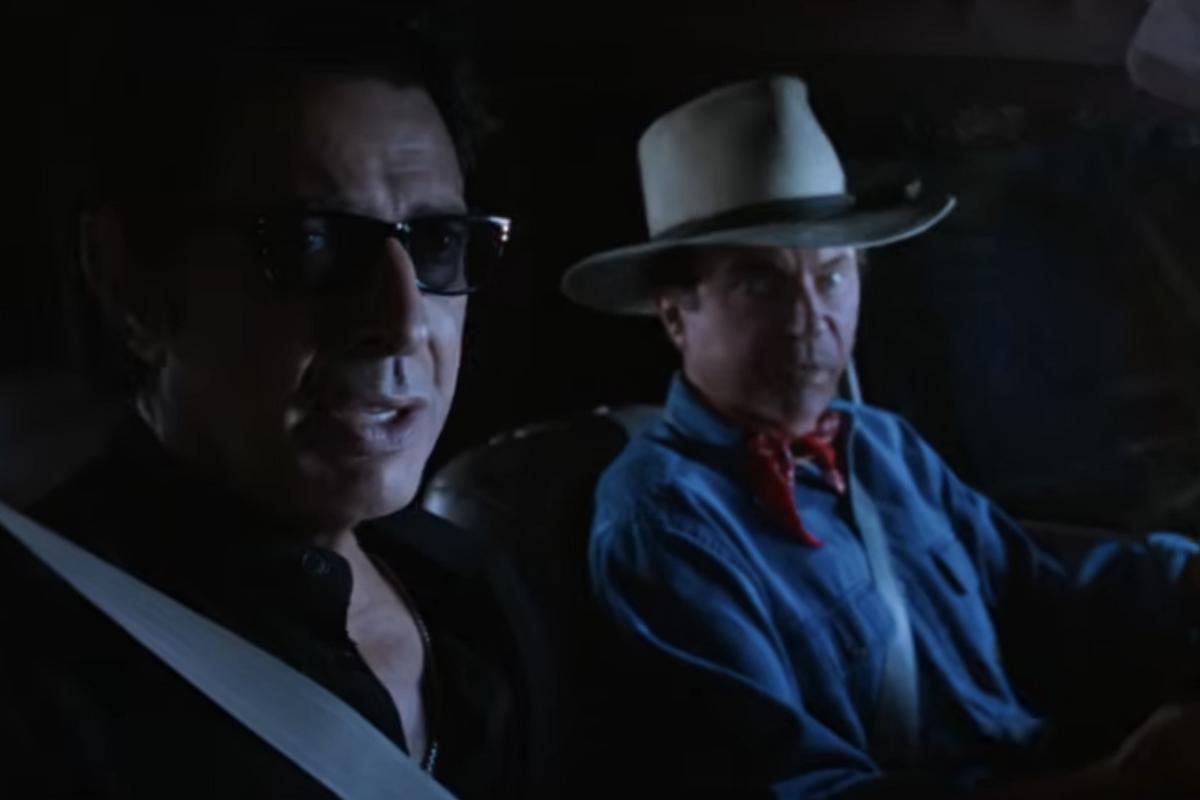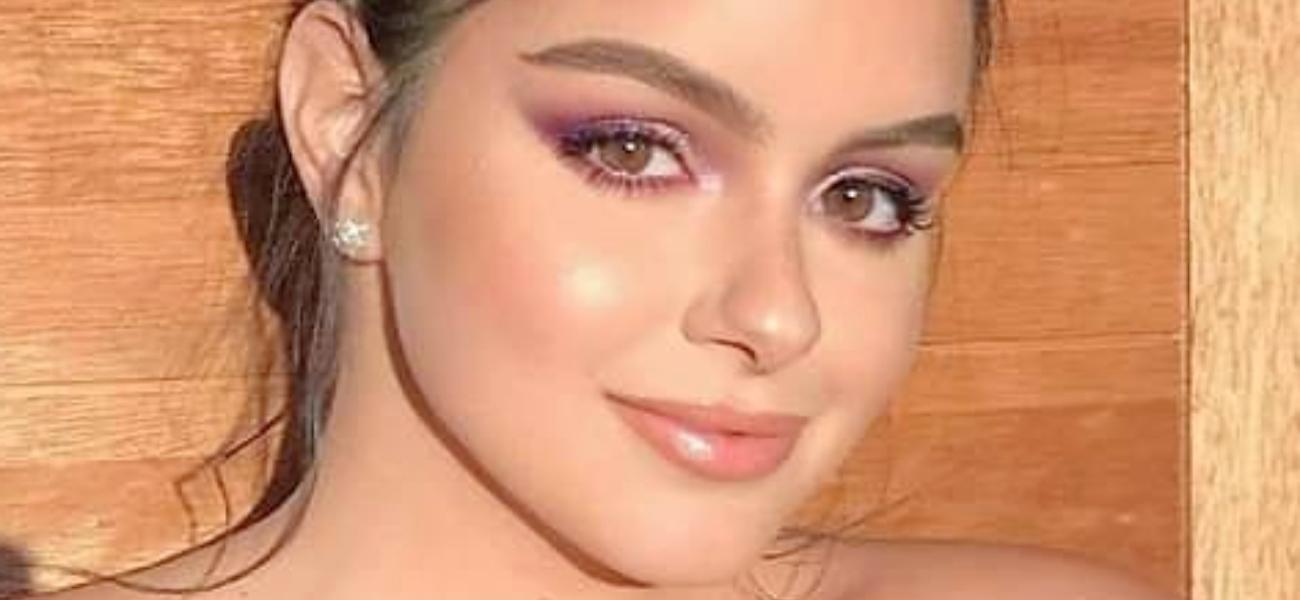
I’ve got a horror short film for you to watch today titled The Queue. The story centers on an internet content moderator who confronts an increasingly disturbing series of online videos that seep into his psyche.
This short film is shared in collaboration with the FilmQuest Film Festival, where we are trying to expose some of the indie genre films and shorts that filmmakers are creating.
The film was directed by Michael Rich, and we conducted an interview with him below that you can check out as well.
Without spoilers, tell us what your film is about, its characters, and its themes. Is it a proof of concept, or a standalone story?
“The Queue is the story of a man named Cole who begins a job as a content moderator for a video sharing website. We follow him through his first night as he filters an increasingly disturbing series of online videos that seep into his psyche. It explores themes of online violence and voyeurism.”
What was the inspiration for your film? How did you come up with the idea?
“I read an article a few years ago about content moderators employed by the major social media sites. Men and women in charge of removing violent and perverse user content. I never even knew that this was a real job!
“I always assumed AI or algorithms removed offensive material, but – at least in some cases – an actual human has to review it. You can imagine the types of things they have to watch. And it made me harken back to my teenage years when I would stumble across LiveLeak videos.
“I’d see the most horrible stuff – and it was this weird mix of emotions. Disgust, embarrassment, but also fascination. I think it’s scary what we have access to on the internet. And it’s very easy to forget that these violent videos have real human beings suffering real life consequences.
Tell us about yourself. What is your background? How long have you been a filmmaker?
“I grew up in St. Louis, Missouri with a dad that worked in TV news. Going to his station as a kid, I gained a fascination for cameras and production, particularly the “behind-the-scenes stuff” – because that’s what he did. I went to Chapman University to study directing and found my niche as the horror guy. Since graduating, I’ve continued to try and sharpen my skills by writing and directing short films.”
What inspires you to work within genre cinema and tell these kind of stories?
“I like genre cinema because it’s unafraid to dive into topics that many others avoid. It’s a safe place to feel unsafe.”
What was your favorite part of the filmmaking process for this project?
“I loved working with our lead actor Burt Bulos. We didn’t necessarily do rehearsals, but we got on a phone call before shooting and we talked about our visions for the character. Where is this guy coming from? What makes this character tick? And Burt had so many great ideas that we incorporated.
“The movie is a guy sitting at a fucking computer for 90% of the runtime. This could have been a disaster if not for Burt’s ability to pull the viewer in and convince them that he was watching the most horrible videos imaginable.
What are you most proud of with this film?
“During our festival run, we got programmed in shorts blocks titled things like “Darker Than You Think” and “Nightmare Fuel”. I saw a review online where a woman said the movie made her nauseous. And it took about 50 people saying it for me to finally believe it – but some people find this movie scary!
“This is miraculous to me because we show hardly anything. Obviously, the power of suggestion in horror is used all the time, but I honestly didn’t know if it would work. As I was editing, I thought I messed up.
“That it was far too tame (and it very might well be for my fellow Hostel fans). But when we had our first screening and I saw people covering their faces – I was like holy crap. It works!”
What is a favorite story or moment from the making of the film you’d like to share?
“We didn’t have an AD or script supervisor making the movie, so I had this massive amount of paperwork to keep the schedule and shot list straight. Burt kept telling me I look like Andy Reid with his play sheet.”
What was your most challenging moment or experience you had while making your film?
“The most challenging thing was making sure we had enough coverage. I’m a huge hypocrite – I don’t think looking at computer screens is cinematic. I wanted to ensure that we never used the same shot more than once or twice in the edit to keep the viewer from getting totally bored.
“So we tried doing 12 Angry Men type stuff where we slowly get closer and closer to the character as the tension increases – which was difficult on such a tiny set.”
If it did, how did your film change or differ from its original concept during pre-production, production, and/or post-production? How has this changed how you’ll approach future projects as a result?
“Going back to our lead actor Burt – he really challenged me to dig deeper into the character. And I think we had a really open dialogue on set that resulted in a better product. So I plan on putting a huge emphasis on the performers I work with in the future because he set the standard high.”
Who were some of your collaborators and actors on the film? How did you start working with each other?
“I went to film school with our cinematographer Dave Cortez. He’s easily the most important crew member to my process. I’ll send him pictures of what I want the movie to look like. And he’ll say, yep, I’ll make it happen. Then you show up on set and it looks exactly like the goddamned references.
“He’s legit and super cool. Another key collaborator is our sound designer Michael Cullen. We also went to Chapman U together and I believe he works in video game sound as his day job. Michael can make anything happen.
“He’ll hear from me out of the blue once every year or two with a new short film and he’s always unfazed. Like, yeah, this one needs some sex noises and a guy getting beheaded. And he gets started on it right away and makes it sound awesome.
“Our producer was Rachel Collins. We’re married. 🙂 And our executive producers were Kory and Juliann Gammon Kleppe, who were highly encouraging while making this movie. When helping me put it together, they demanded that it has to be my vision and not to let outside influences or opinions impact what I wanted to do.”
What is the best advice you’ve ever received as a filmmaker and what would you like to say to new filmmakers?
“Trust your gut. On set, or even in the writing or editing processes, it’s easy to get derailed by things that do not matter. You need to save your energy for the real battles.”
What are your plans for your career and what do you hope this film does for it? What kind of stories would you like to tell moving forward?
“Before The Queue, I primarily did funny horror, but most of my feature ideas are straight, scary horror. So my hope is to be able to use this as a calling card for a bigger project.”
What is your next project and when can we expect to see it?
“I’m writing a horror feature at the moment. It’s scary and f–ked up. :)”
Where can we find more of your work and where can interested parties contact you? Do you have a website or YouTube/Vimeo channel? Social media handles? Give us what we can share and we’ll share!
My website: https://michaelrich.me/
Bonus Question #1: What is your all-time favorite film?
“William Friedkin’s Sorcerer. The tension is unreal.”
Bonus Question #2: What is the film that most inspired you to become a filmmaker and/or had the most influence on your work?
“The Evil Dead. Watching most movies as a kid, you had no idea how they made any of them. With The Evil Dead, I felt like a participant because you could see some of the seams in the filmmaking. It actually felt attainable like, wow, this is fun. I can do this.”
Enjoy the short film!







